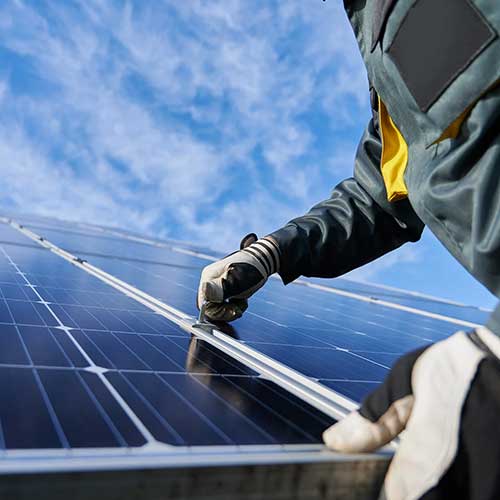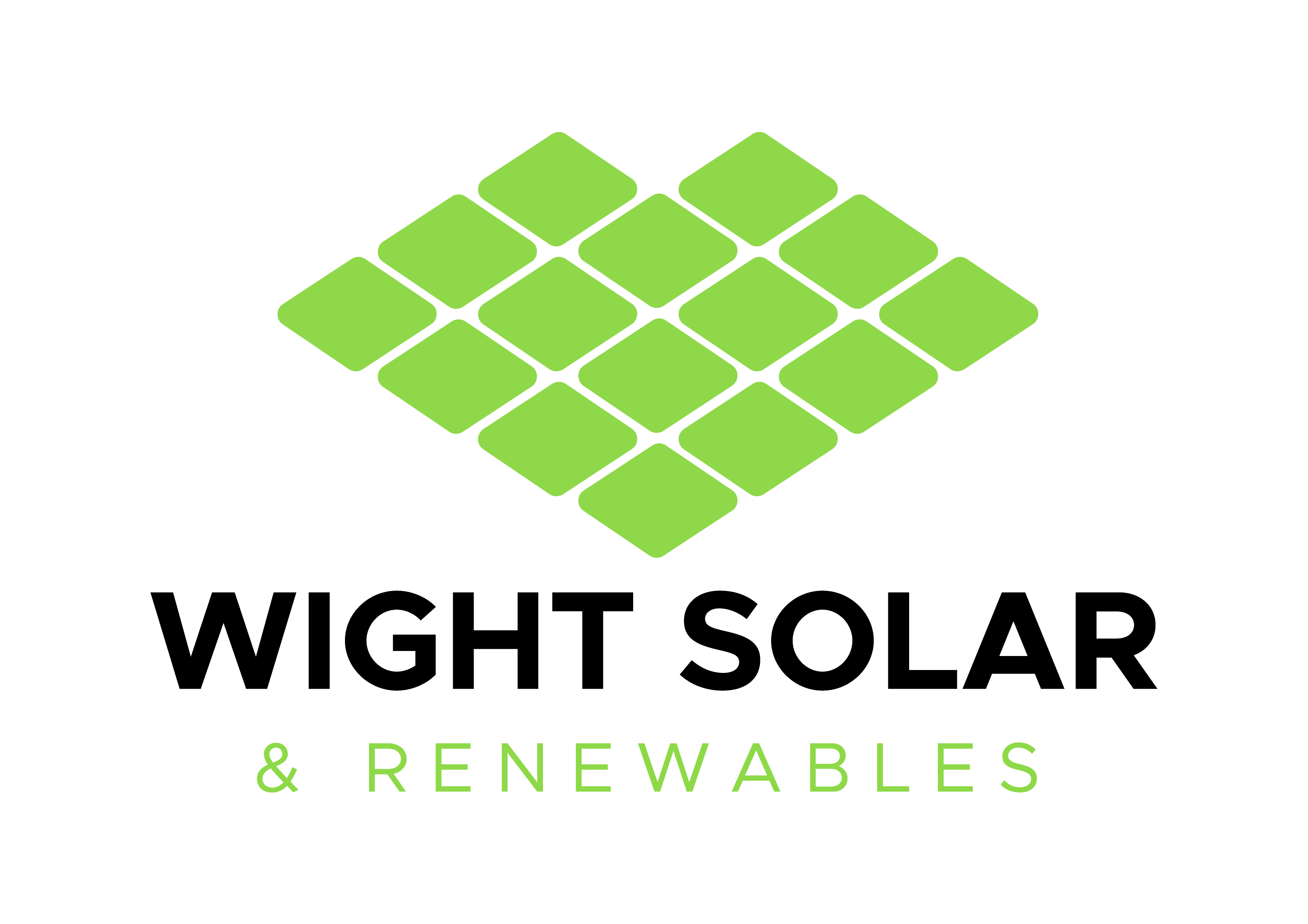Solar Panels
- Home
- / Services
- / Solar Panels
SOLAR PANELS

Solar panels have transformed the way we harness energy from the sun, offering endless possibilities for generating electricity for both grid-connected and off-grid systems. The beauty of solar power lies in its versatility, allowing individuals and businesses to tailor their energy usage according to their specific needs and preferences. The electricity output from solar panels is influenced by various factors, such as the size of the roof available for installation, its pitch, and its orientation towards the sun. These factors collectively determine the efficiency and capacity of the solar system, giving you control over the amount of electricity you generate. One of the most compelling reasons to invest in solar panels is the potential for significant financial returns. With the cost of solar equipment hitting all-time lows, the payback period for your investment can be remarkably short, sometimes as little as 3 to 4 years. This means that over time, the savings on your electricity bills can outweigh the initial cost of installing solar panels. Additionally, some regions offer incentives, tax credits, or other government-backed programs that further sweeten the deal, making solar energy an even more attractive option.
As solar technology continues to advance and become more affordable, it has become increasingly accessible to a wider range of consumers. Whether you are a homeowner looking to reduce your carbon footprint, a business owner seeking to cut operating costs, or a remote community aiming for energy independence, solar panels provide a sustainable and efficient solution. Embracing solar power not only reduces your reliance on fossil fuels but also contributes to a cleaner environment and a more sustainable future for generations to come. With the ability to generate clean electricity and the potential for substantial financial benefits, solar panels have become a driving force in the global shift towards renewable energy sources.
How Do Solar Panels Generate Electricity?
PV solar panels generate electricity in the form of direct current (DC). In a DC circuit, electrons flow in a single direction. To illustrate, consider a battery powering a light bulb: the electrons move from the negative terminal of the battery through the lamp and return to the positive terminal.
In contrast, alternating current (AC) electricity involves the periodic reversal of electron flow, similar to the motion of a car engine’s cylinder. AC electricity is commonly generated by spinning a coil of wire next to a magnet in a generator. Various energy sources, such as gas, diesel fuel, hydroelectricity, nuclear power, coal, wind, or solar energy, can drive this generator.
While the electrical power grids in the UK operate on AC electricity, solar panels produce DC electricity. So, how do we integrate DC electricity into the AC grid? The solution lies in an inverter. An inverter is employed to convert the DC electricity generated by the solar panels into AC electricity, allowing seamless integration with the existing power grid.


